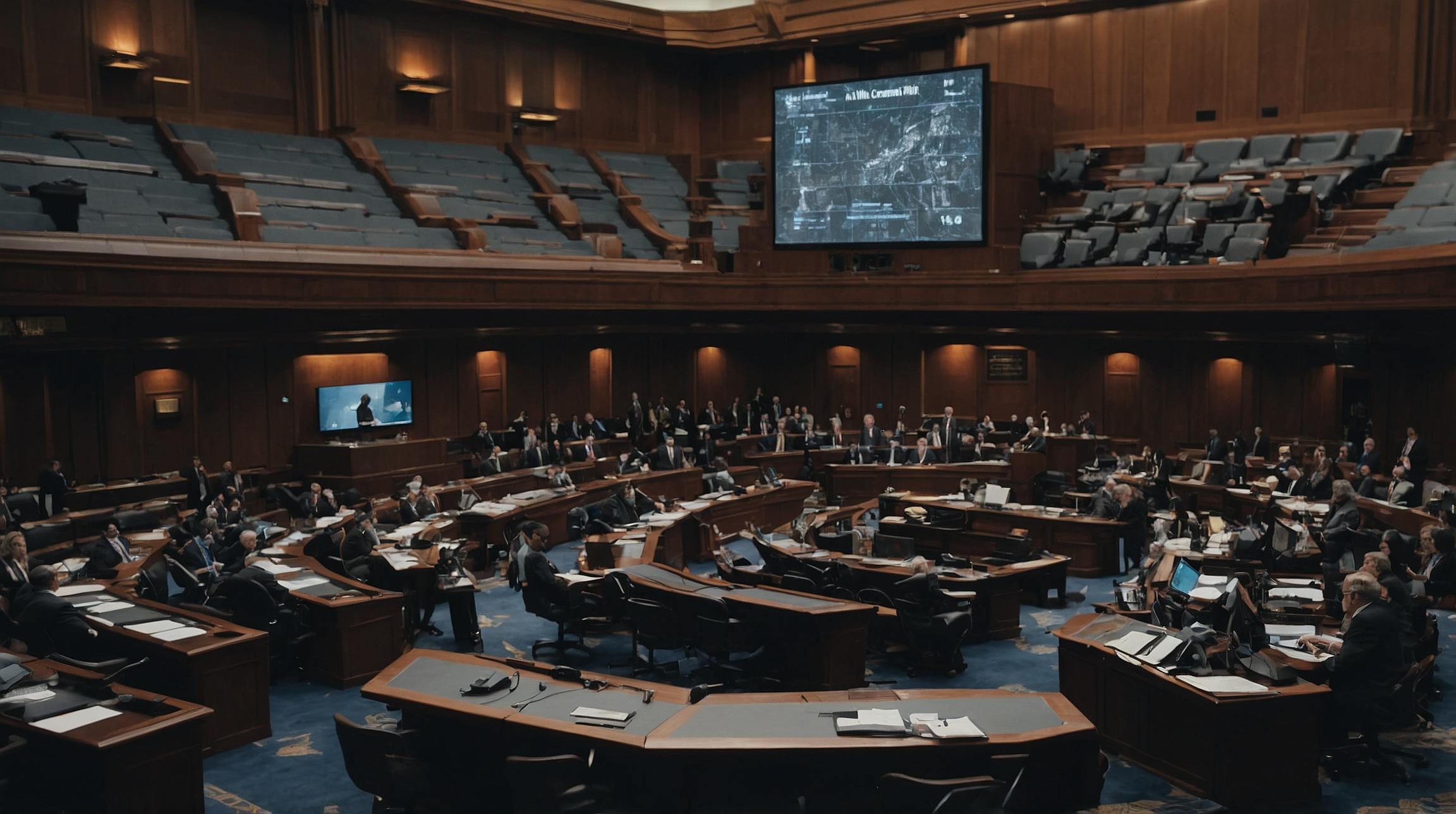California's Path to A.I. Regulation: A Landmark Bill
The California Legislature has set the stage for a significant transformation in the regulation of artificial intelligence (A.I.). The passage of S.B. 1047 by the State Assembly marks a pivotal moment in the ongoing debate over A.I. regulation. This bill, designed to impose stringent safety measures on major A.I. companies, is now awaiting the signature of Governor Gavin Newsom.
Understanding the Impacts of S.B. 1047
The proposed legislation mandates that A.I. companies conduct comprehensive safety tests on their systems prior to public release. This measure aims to mitigate risks associated with A.I., such as those posed by advanced chatbots or deepfake technologies. Furthermore, it empowers the state's attorney general to take legal action against A.I. developers if their technologies result in severe consequences like death or property damage.
The Debate: Benefits and Risks of A.I. Regulation
The bill has sparked a heated debate among stakeholders. On one side, supporters argue that proactive regulation is crucial for safeguarding public interest as A.I. technology continues to evolve. On the other hand, critics, particularly from the tech industry, contend that excessive restrictions could stifle innovation and hinder technological progress.
Senator Scott Wiener's Perspective
Senator Scott Wiener, a Democrat and a co-author of the bill, expressed his enthusiasm for the Assembly's decision, highlighting the historic significance of this legislative effort. He views the bill as a necessary step in balancing technological advancement with public safety.
What’s Next for the Legislation?
Having cleared both legislative chambers, the bill awaits a second Senate vote to approve recent amendments—a procedural step before reaching Governor Newsom. The decision deadline is set for September 30. During this period, intense lobbying is anticipated from tech executives, venture capitalists, and other stakeholders.
Potential Implications for the U.S.
If enacted, California will set a precedent for A.I. regulation in the United States, aligning with global efforts like the European Union's A.I. Act. Currently, the U.S. lacks federal laws addressing riskier technologies such as facial recognition software, making California's move potentially influential nationwide.
In conclusion, the upcoming decision by Governor Newsom on S.B. 1047 may shape the future of A.I. regulation not just in California, but across the United States.













